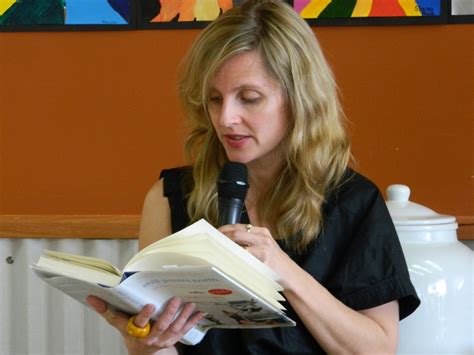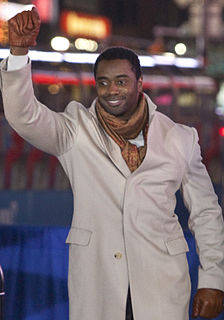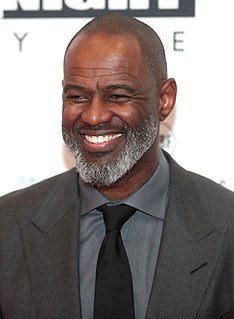A Quote by Leigh Newman
The minute I landed back in Alaska, it was back to hip boots and fish guts. This cultural flipping wasn't easy - especially on top of the post-divorce fighting that was still going on between my parents. But this is why you don't write a memoir at age fourteen.
Related Quotes
When I decided to write about my brother and friends, I was attempting to answer the question why. Why did they all die like that? Why so many of them? Why so close together? Why were they all so young? Why, especially, in the kinds of places where we are from? Why would they all die back to back to back to back? I feel like I was writing my way towards an answer in the memoir.
You get to a certain moment where you realize all those humans who landed on the moon did so in between Chris [Nolan] being born and me being born and no one had gone back since, all these Super-8 films we grew up watching of rocket launches, you get to a certain age and you realize all the speeches about going back, they're speeches, there's no money there, we're not going back.
I'm definitely going to bounce back, I don't doubt that one bit. The thing about this is you have to expect that when you're a back my age. You can't feel slighted if someone says that because it's a reality that it's abnormal for a guy my age to still be starting in the NFL. I can accept that. I still understand what the truth is to me, and that's what I believe. I don't really care what people say.
Not going back is fine. Not going back but occasionally visiting might be best. Not going back but remembering so you don’t see the same view twice. Not going back so you can turn a new page, write a new chapter, develop an entire new list. Not going back so you can stretch and grow and see yourself in a light that you never knew existed. Not going back so that you can fly. Fly.
Some think guts is sprinting at the end of a race. But guts is what got you there to begin with. Guts start back in the hills with 6 miles to go and you're thinking of how you can get out of this race without anyone noticing. Guts begin when you still have forty minutes of torture left and you're already hurting more than you ever remember.
You start to think, when you're finishing a record, in twelve- to fourteen-minute chunks. At a certain point, you do write to the format. It's not a coincidence that most albums are between thirty-five and fifty minutes. It's kind of like the 98-minute film. It becomes some paradigm for human attention in the media.
I went back and listened to the first three albums I made and tried to figure out what was special about them, why people keep going back to them. I think it was because I didn't know what I was doing. I had no idea if they were going to play it on the radio or anything. All I did was write songs, so that's what I got back to.
I've heard plenty of Christians try to answer the why question by going back to the what. "You have to believe because Jesus is the Son of God." But that's answering the why with more what. Increasingly we live in a time in which you can't avoid the why question. Just giving the what (for example, a vivid gospel presentation) worked in the days when the cultural institutions created an environment in which Christianity just felt true or at least honorable. But in a post-Christendom society, in the marketplace of ideas, you have to explain why this is true, or people will just dismiss it.
I think I was always informally thinking about choice from when I was a very young child because I was born to Sikh immigrant parents, so I was constantly going back and forth between a Sikh household and an American outside world, so I was going back and forth between a very traditional Sikh home in which you had to follow the Five K's.
In this time, we incorporate money and media, and it's split up like apartheid, where when you say "hip-hop," you think just rap records. People might have forgot about all the other elements in hip-hop. Now we're back out there again, trying to get people back to the fifth element, the knowledge. To know to respect the whole culture, especially to you radio stations that claim to be hip-hop and you're not, because if you was a hip-hop radio station, why do you just play one aspect of hip-hop and rap, which is gangsta rap?





































